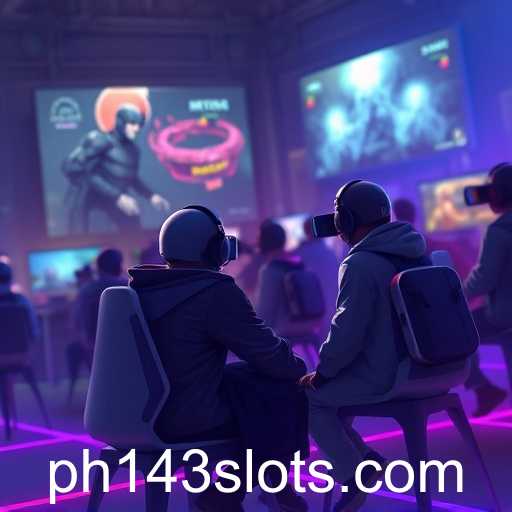The gaming industry continues to evolve at a rapid pace, with 2025 marking another milestone year that has witnessed significant innovations and shifts in the way people engage with games. One of the standout elements shaping the future of gaming is the emphasis on community building, which platforms like the English game website PH143 are leveraging to foster deeper connections among players.
With a surge in online multiplayer games, the role of community-centric platforms has never been so crucial. PH143 has been at the forefront, offering gamers a space to discuss strategies, share experiences, and participate in tournaments that bridge geographical divides. The platform is tapping into the zeitgeist of this era—where collaboration and shared experiences take precedence over isolated play.
Recent trends also show how in-game experiences are increasingly being tailored to reflect real-world dynamics. Environmental storytelling and player-driven narratives have become more sophisticated, drawing inspiration from global events and societal changes. This has not only enriched the gaming experience but also encouraged players to think critically about the world around them.
As the line between reality and virtual reality blurs, gaming technology continues to excite with advancements in artificial intelligence and augmented reality. These innovations are not merely gimmicks; they are setting the stage for more immersive environments where players feel a genuine sense of agency.
PH143 and similar platforms are further strengthening their community-driven approach by encouraging user-generated content. This strategy not only keeps the players engaged but also empowers them to shape the games they are passionate about. Such participatory designs contribute to the sustainability of games in an ever-competitive market.
Looking ahead, the emphasis on community and innovation in the gaming industry highlights how platforms like PH143 are instrumental in nurturing new talent and addressing the burgeoning demand for inclusive and dynamic gaming landscapes. As we progress further into 2025, the question remains how these trends will evolve and how platforms will adapt to maintain their relevance amidst rapidly changing technological and social landscapes.








